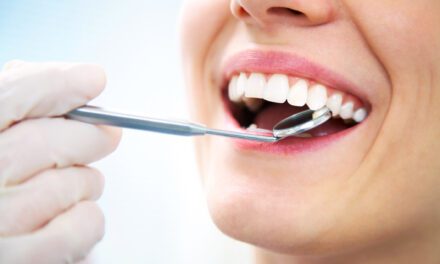A study published in the Journal of Periodontology (JOP) reports that including flossing as part of routine oral care can reduce the amount of gum disease-causing bacteria found in the mouth, therefore contributing to healthy teeth and gums.
The study, conducted at New York University, examined 51 sets of twins between the ages of 12 and 21. Each set was randomly assigned a 2-week treatment regimen, with one twin brushing with a manual toothbrush and toothpaste and the other twin brushing with a manual toothbrush and toothpaste and flossing. At the end of the 2-week trial, samples were taken from both pairs of twins and compared for levels of bacteria commonly associated with periodontal disease.
The study found that those twins who did not floss had significantly more of the bacteria associated with periodontal disease than the matching twin who brushed and flossed did.
"This study illustrates the impact flossing can have on oral health," said Kenneth Kornman, DDS, PhD, editor of JOP. "The twins experimental model is a powerful tool to help sort out genetic and environmental factors that often confound the interpretation of treatment studies. This study demonstrates that flossing can have an important and favorable impact on an individual, compared to that of a non-flossing individual with similar genetics and possibly similar habits."
"Twins tend to share the same or similar environmental factors such as dietary habits, health and life practices, as well as genetics," he continued. "In this case, the only difference was flossing, and the outcome was significant. Flossing may significantly reduce the amount of bad bacteria in the mouth."









